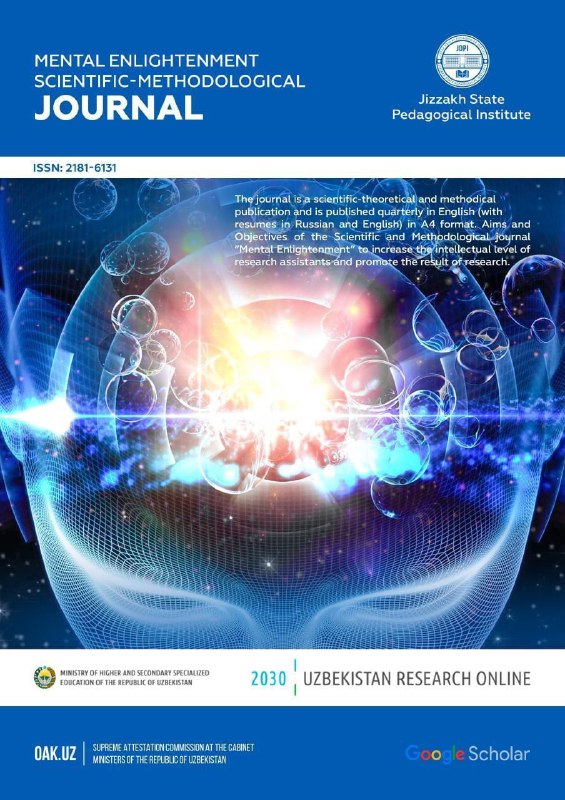Аннотация
The article deals with the effectiveness of two distinct pedagogical approaches, explicit instruction and process writing, in enhancing the writing competence of English as a Foreign Language (EFL) learners. The study focuses on evaluating how these approaches impact the quality and development of written compositions produced by EFL learners, aiming to provide insights into the most efficacious instructional strategies for improving writing skills. The research adopts a mixed-methods approach, combining quantitative and qualitative methods to comprehensively assess the outcomes of explicit instruction and process writing. A sample of EFL learners is divided into two groups, with one group receiving explicit instruction targeting specific writing skills, grammar rules, and writing conventions. The other group engages in process writing, involving prewriting, drafting, revising, and editing stages that emphasize self-expression and creativity. The research assesses the quality of writing compositions produced by both groups using rubrics and linguistic analysis tools. The significance of this research lies in its potential to inform EFL teaching practices. By comparing the impact of explicit instruction and process writing, the study aims to provide evidence-based insights into the pedagogical strategies that effectively enhance EFL learners' writing competence. Furthermore, the research contributes to the ongoing pedagogical discourse surrounding writing instruction by shedding light on the advantages and limitations of each approach. Additionally, the study can encourage EFL learners to take a more active role in their writing development by understanding the benefits of both explicit instruction and process writing. Also, this research paper strives to empirically examine the impact of explicit instruction and process writing on EFL learners' writing competence. By providing concrete evidence of the efficacy of each approach, the study offers valuable insights for educators, curriculum designers, and researchers in the field of EFL writing instruction.
Как цитировать
Библиографические ссылки
. Swales, J. M. (1990). Genre Analysis: English in Academic and Research Settings. Cambridge University Press.
. Ferris, D. R. (2003). Response to student writing: Implications for second language students. Mahwah, NJ: Lawrence Erlbaum Associates.
. Rassaei, E. (2016). The effects of explicit instruction on EFL learners' writing performance. Journal of Language Teaching and Research, 7(3), 476-482.
. Hedge, T. (1988). Writing. Oxford University Press.
. Raimes, A. (1983). Techniques in teaching writing. Oxford University Press.
. Hyland, K., & Hyland, F. (2006). Feedback on second language students’ writing. Language Teaching, 39(2), 83-101.
. Sarsenbaeva Z., Uteshova Z. Principles of Teaching Karakalpak Students English Speech Etiquette //Humanising Language Teaching. – 2022. – Т. 24. – №. 4.
. Qizi S. Z. J. The development of intercultural competence as an essential element in learning EFL //Национальная ассоциация ученых. – 2021. – №. 64-1. – С. 21-24.
. www.xziyonet.uz
Авторы
Dinara Dauletova
Karakalpak State University
Ключевые слова:
English as a foreign language (EFL), writing, competence, writing skills, principles, approach, method, explicit instruction.Выпуск
Раздел: Статьи
Copyright (c) 2023 Журнал иностранных языков и лингвистики

Это произведение доступно по лицензии Creative Commons «Attribution-ShareAlike» («Атрибуция — На тех же условиях») 4.0 Всемирная.


